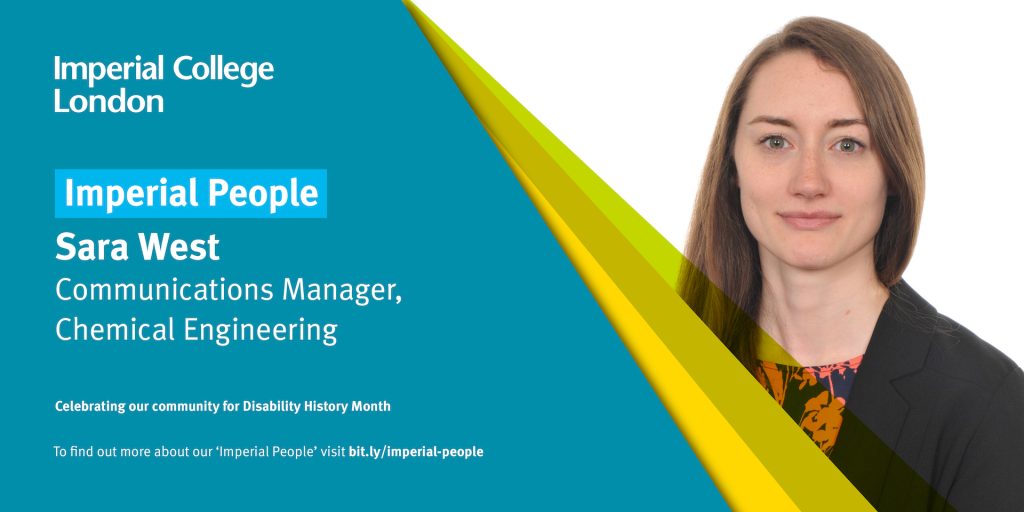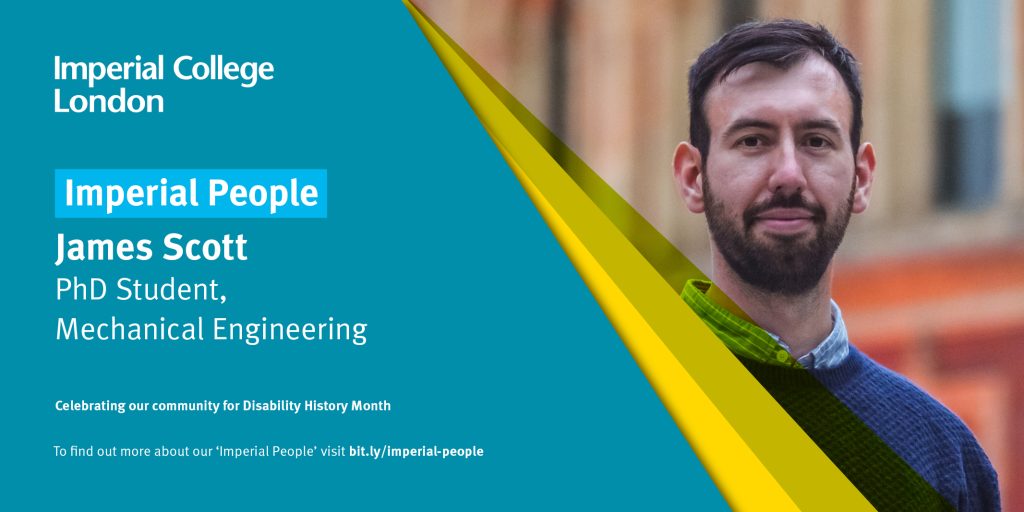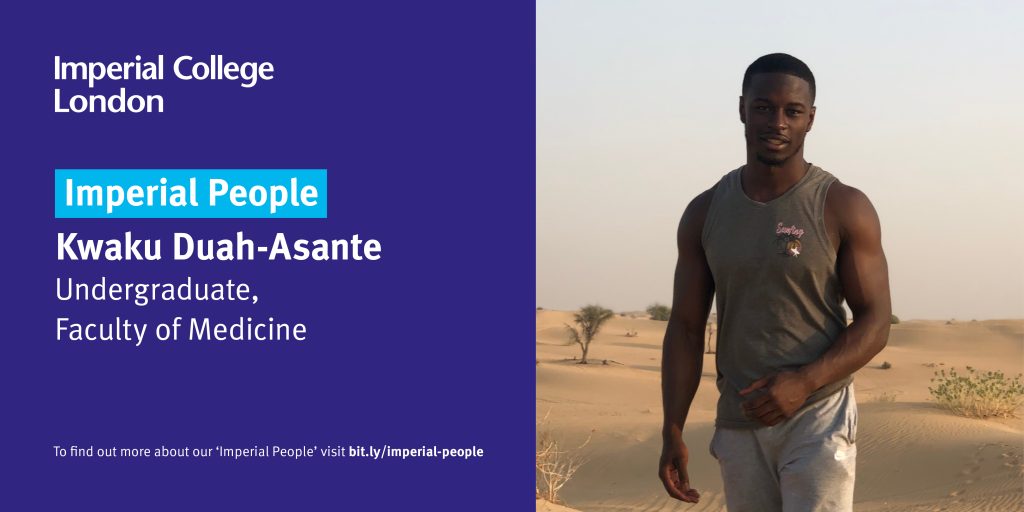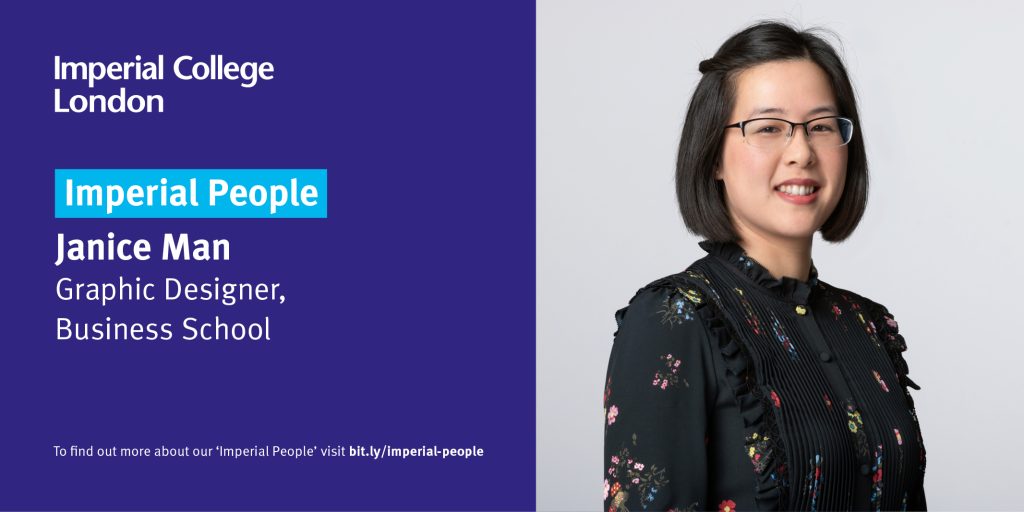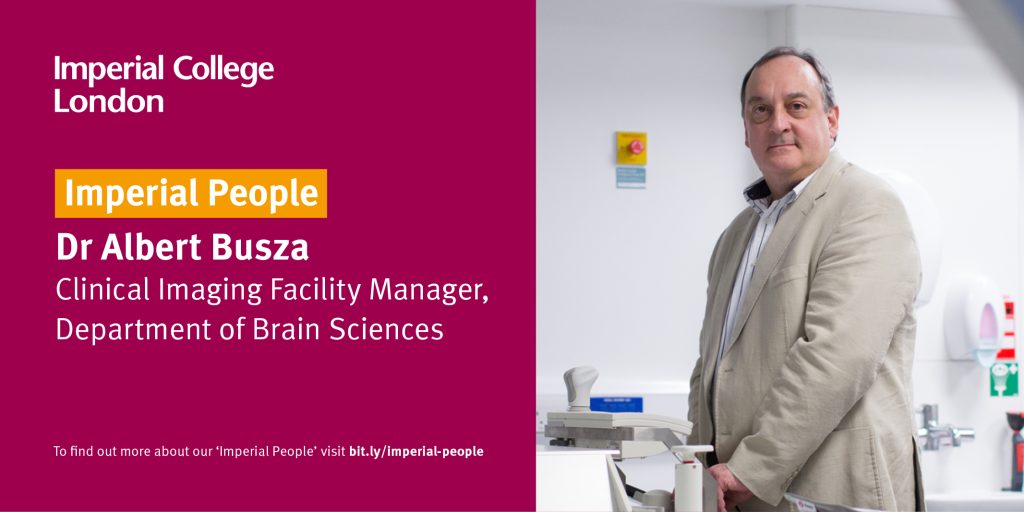“I was fortunate to join Imperial’s Calibre leadership programme, which I highly recommend to anyone with a disability.”
As a communicator I enjoy mending the gaps in information transmission, to better connect people with science, or services.
One of my proudest achievements at Imperial has been winning the President’s Award for Culture and Communication (Team Award) as part of the Chemical Engineering Student Communications Group, who have worked incredibly hard to ensure that students have remained informed and engaged during the pandemic.
I’m regularly told: “But you don’t look like you have a disability”. My condition is largely hidden, unless you happen to catch me wincing in pain or falling asleep at my desk from fatigue. Unfortunately, this has happened. It took almost two years to receive a diagnosis, during which time my biggest fear was the future and trying to imagine having a successful career while managing my symptoms.
I was fortunate to join Imperial’s Calibre leadership programme, which I highly recommend to anyone with a disability. The course had a profound impact on my sense of self-worth and my confidence in speaking up for myself and others with disabilities. I hope that one day the lessons from this course are embedded within training for all staff and managers, not just those with a condition. The scale of change that’s needed in society is daunting, but I have to remain optimistic that one day a person with a disability isn’t automatically faced with the question: “Are you sure you can do this job?”
